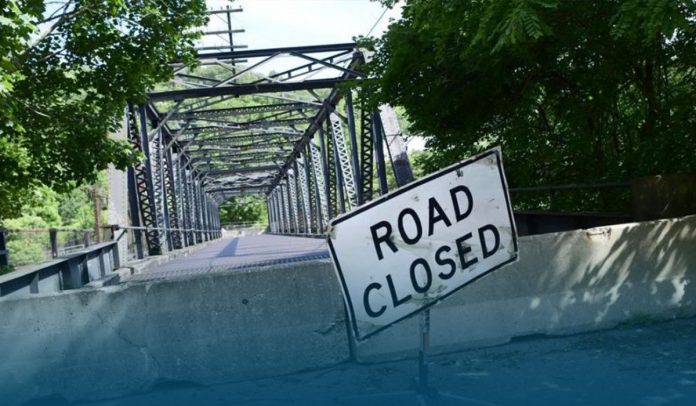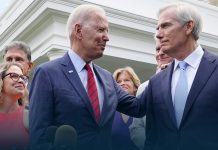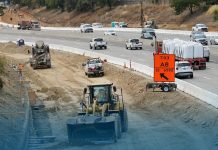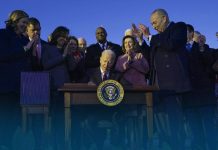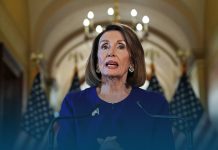After months of wrangling, the US Senate released on Sunday a 2702-page infrastructure plan that, if passed, would authorize about one-trillion dollars for the country’s roads, rail, bridges mass-transit systems, broadband service, and more. However, it experiences indeterminate prospects in the United States Congress.
This week, the United States Senate will make its effort to complete work on a one-trillion infrastructure spending bill that would bring expected improvements to US infrastructure, even some GOPs started complaining about the details of the package.
On Monday, the Kentucky GOP Mitch McConnell, Minority Leader, said that their full consideration of that infrastructure bill mustn’t be choked off by any artificial timetable that their Democratic colleagues might have penciled out for political purposes.
“I think what is actually the substance of that bipartisan bill matters less to this White House than the sheer fact that something is passed along bipartisan lines,” says @NPR’s @asmak as the Senate works to finalize the $1T infrastructure package #Velshi pic.twitter.com/7hQDyllyaI
— Velshi on MSNBC (@VelshiMSNBC) August 1, 2021
The “Infrastructure investments and Jobs Act” would be the 3rd largest-piece of lawmaking so far during sitting American President Biden’s term, after two stimulus packages, appropriating 550 Bn dollars in new spending over the next half-decade, with around 110 Bn dollars for transportation projects.
Moreover, the infrastructure bill contains the massive federal investment ever in public transit service, allotting 39 Bn dollars to advance systems, improve access to people with disabilities and for the elderly, and repair over 24000 buses and five-thousand rail cars and several thousands of kilometers of train tracks.
A bipartisan group of sixty-seven senators spearheaded the deal. That deal forgoes many of the “human infrastructure” and clean-energy provisions touted by the President Biden Administration, including Medicare and childcare expansion, but it does approve about 15 Bn dollars to buy thousands of EV for schools and to build a countrywide network of EV charging stations along the country’s highways.
Infrastructure Spending Bill Provisions
Expanding the plan’s massive spending provisions are 65 Bn dollars to make sure every US individual has access to high-speed internet, 55 Bn dollars allocated for fresh and clean drinking water initiatives. Moreover, $11 Bn is fixed to fund transportation safety programs, $25 Bn for airports, and $66 Bn and $17 Bn for Amtrak and ports, respectively.
The Joint Committee on Taxation projected tax provisions of the two-party Senate infrastructure package would raise the federal revenue by 51 Bn dollars over a decade.
Unlike bills relying on higher taxes or new debts, the measure’s new spending will be financed with cost cuts, bills to help decrease tax avoidance, and over 250 Bn dollars in unused coronavirus relief funds.
Chuck Schumer, Senate Majority Leader, said from the Senate floor late Sunday that they have not done an extensive, two-party bill of that nature in a long time, adding that a vote to pass the bill could be held in a very short space of time.
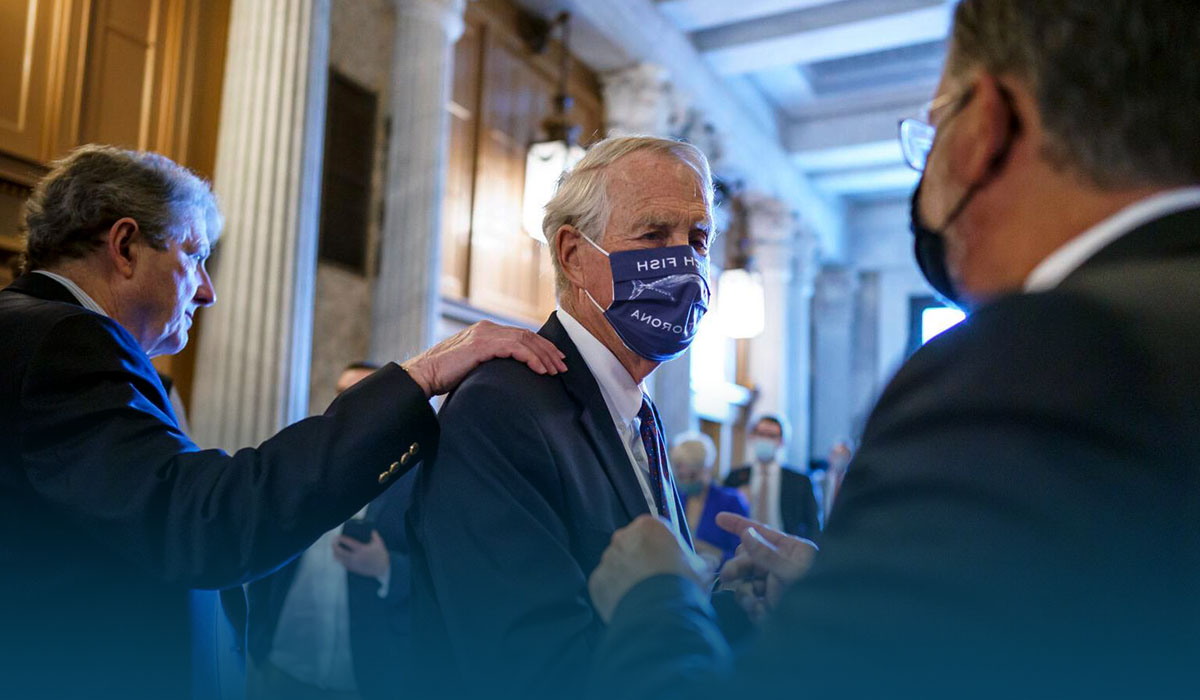
Source: Web
Furthermore, the bill’s extensive provisions include 7.5 Bn dollars to fund construct EV charging stations and 350 Bn dollars over a half-decade to decrease vehicle collisions with wildlife by providing grants for ‘wild-life crossing structures.’
In spite of the bill’s lofty price tag, that’s nearly threefold the last big infrastructure plan, signed by former US President Barack Obama in 2015, the two-party piece of lawmaking is far less than the 2T dollars package proposed by the sitting US President Biden in April this year.

